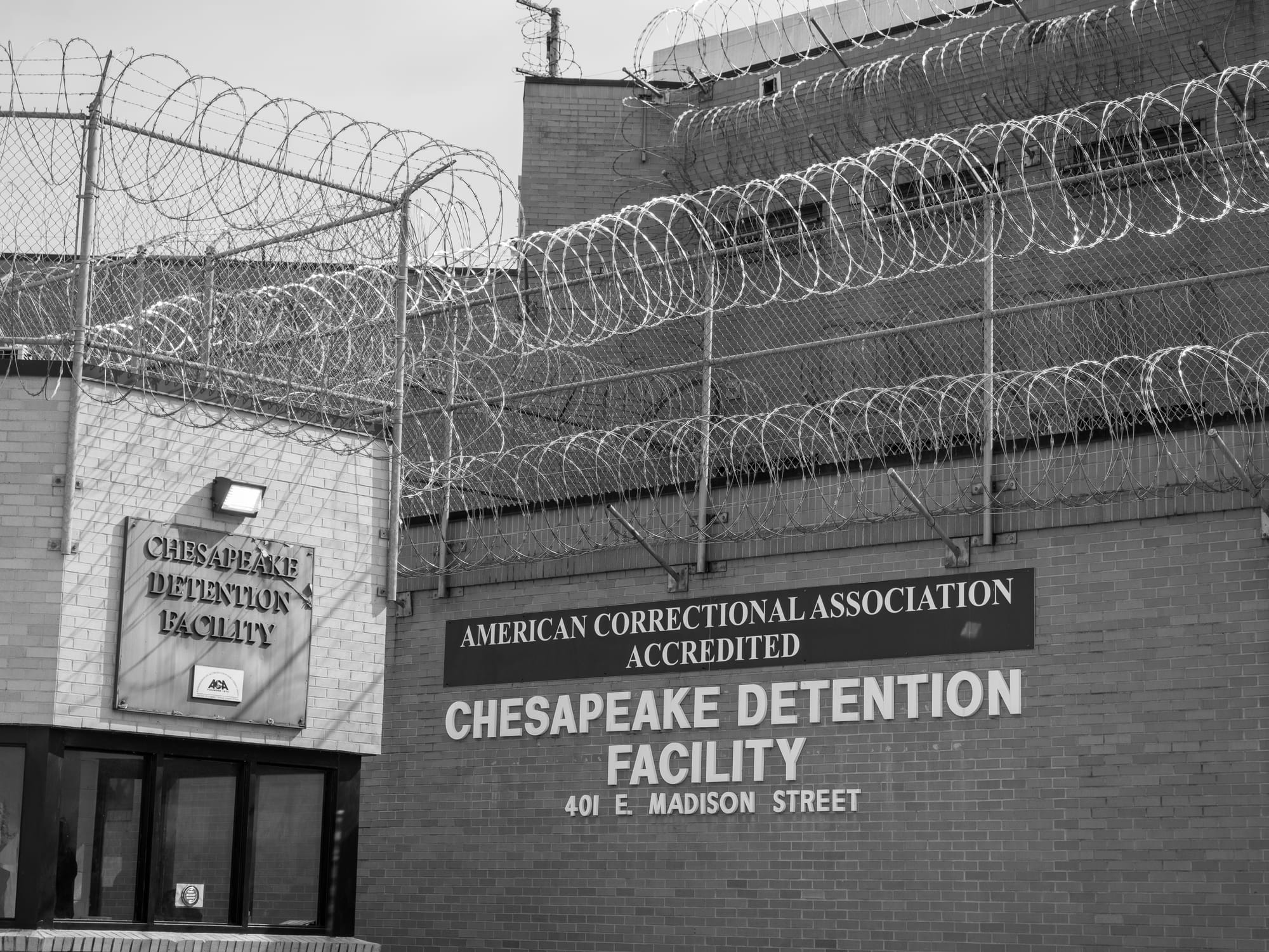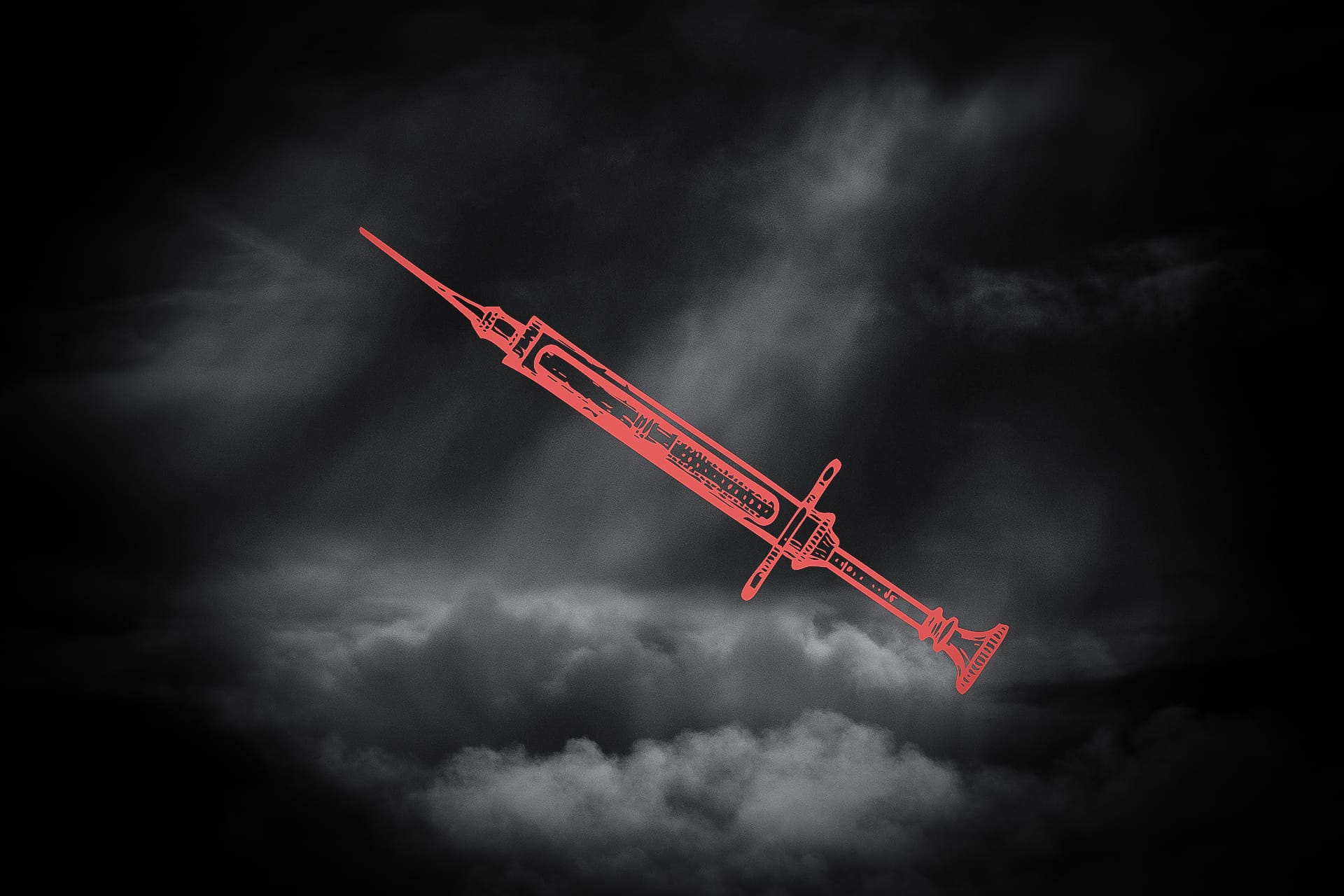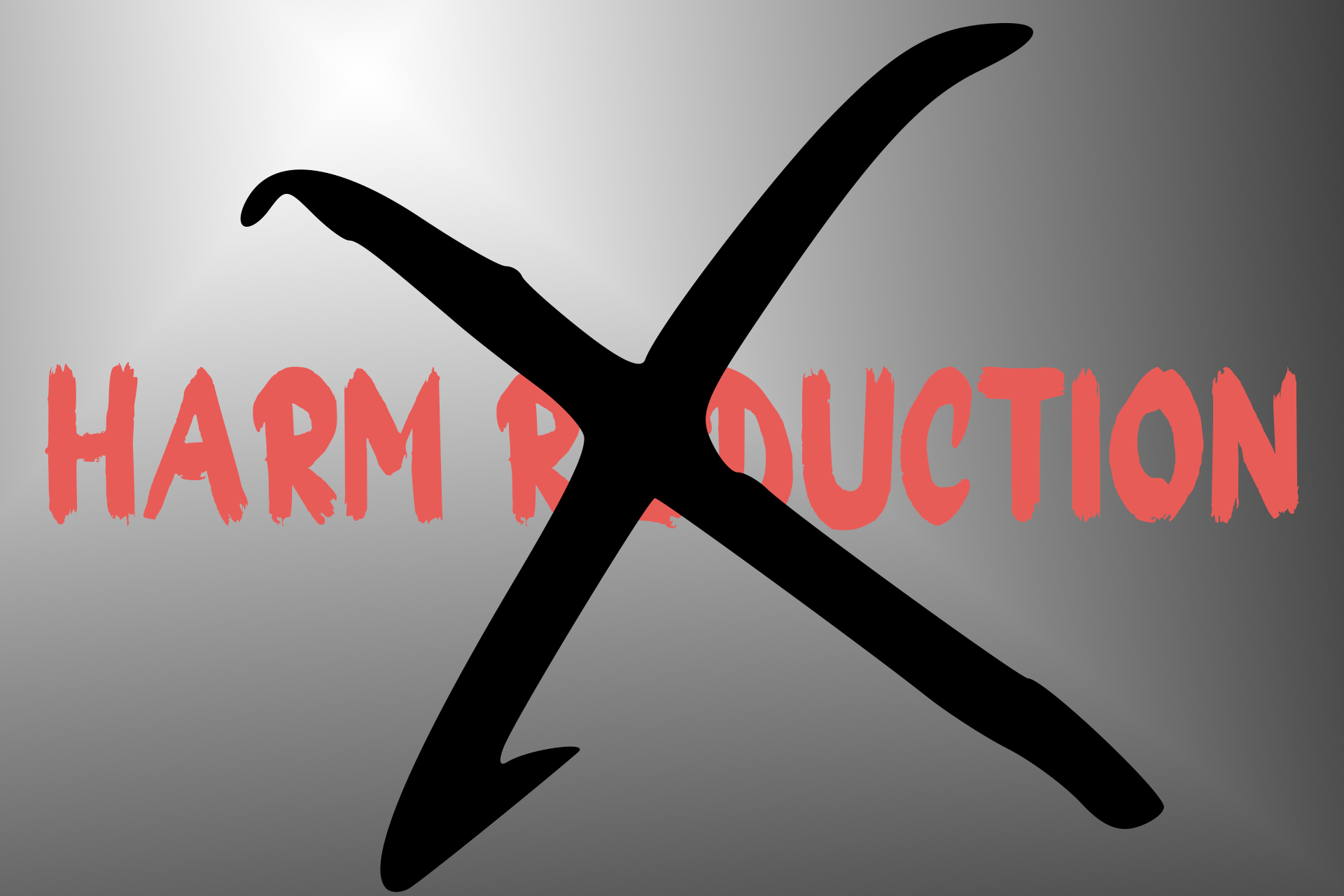
Trust me, I love writing about drugs; they're kind of my thing. But I also need a break once in a while, so I'm taking a little vacation — and by that I mean spending some time with my family in Pennsylvania before heading to Detroit for the Reform Conference next week.
Although some articles I've written for other publications may be published in the meantime, Mobtown Redux will be on pause until I return. That means there will be no newsletter today, Nov. 8, or next Saturday, Nov. 15. I've been consistently publishing this newsletter every week for quite some time now, so I'll admit the idea of taking time off feels odd.
However, contrary to what people may think, I've been working fairly hard recently.
It feels great to be back home with the family, and I'm thrilled to have received a scholarship to attend an international drug policy reform conference. I never thought I'd have such an opportunity when I began covering harm reduction in Baltimore just over two years ago.
Things have come a long way, from launching Mobtown Redux as a passion project in 2023 to writing for the Baltimore Beat and Filter.
With that said, I'll see you all on Nov. 22, when Mobtown Redux will return to its regularly scheduled programming. Hopefully, I won't miss much. But knowing Baltimore, shit will hit the fan soon enough.
See you all on the other side,
Logan Hullinger

Last week's newsletter: "Why does it take a crisis for people in power to step up?"
The ongoing government shutdown has created a crisis that threatens critical programs for at-risk populations, forcing city and state leaders to step up and tap nearly $15 million in emergency funding.
Baltimore is allocating $4.6 million for food, rental and child care assistance for furloughed federal workers and residents who rely on the Supplemental Nutrition Assistance Program. The state is preparing to use $10 million for food security programs. Although a federal judge ruled yesterday that President Donald Trump must release the SNAP funds he's been holding hostage, the scramble to infuse assistance programs with money was a last-ditch effort to help hundreds of thousands of people who stand to suffer.
One can't help but think — shouldn't these investments be the norm, rather than an exception during crises?
Read the full newsletter here.
Mobtown Redux's Overdose Data has been updated with the latest local, state and national data
There were 778 overdose deaths in Baltimore in 2024, a 25.4% decrease from the year prior, according to preliminary data.
In the 12-month period ending in September, Baltimore saw 536 deaths, a death rate of 91.5 per 100,000 people. Statewide, there were 1,296 deaths, a death rate of 21 per 100,000 people.
The data indicates that fatal overdoses continue to trend downward after years of climbing, though poor Black neighborhoods in West Baltimore continue to suffer the most.
Check out Mobtown Redux's Overdose Data Dashboard here.
Click here to learn more about harm reduction resources in the Baltimore area.
NC Health News: "After Louise Vincent’s death, NC harm-reduction organizations grapple with the void"
Though Louise Mae Beale Vincent was a woman small in stature, she left a monumental legacy in her 49 years.
The Greensboro native became an unlikely international force, a giant in the harm-reduction movement who pushed throughout her life against society’s dehumanization, isolation and rejection of drug users.
The news of her death on Aug. 31 dealt a collective gut punch to a broad swath of people and organizations, local and national, that work to reduce the adverse health, social and economic consequences of drug use.
Click here to read the full article.








Comments